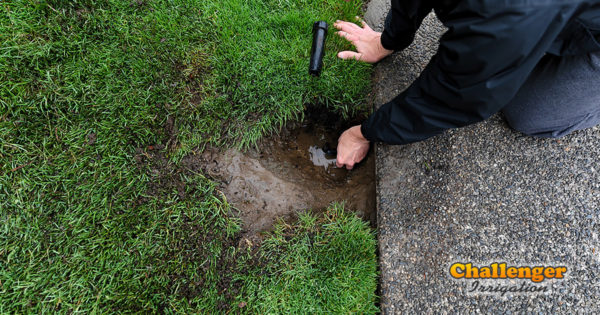Eco-Friendly Irrigation
Caring for the environment is on many people’s minds these days. Recycling bins are everywhere and composting is growing in popularity. There are ways you can keep your lawn green and have an eco-friendly irrigation system at the same time, too. In general, your lawn irrigation system is meant to help conserve water. Here are some other ways you can make your system even more environmentally friendly:










